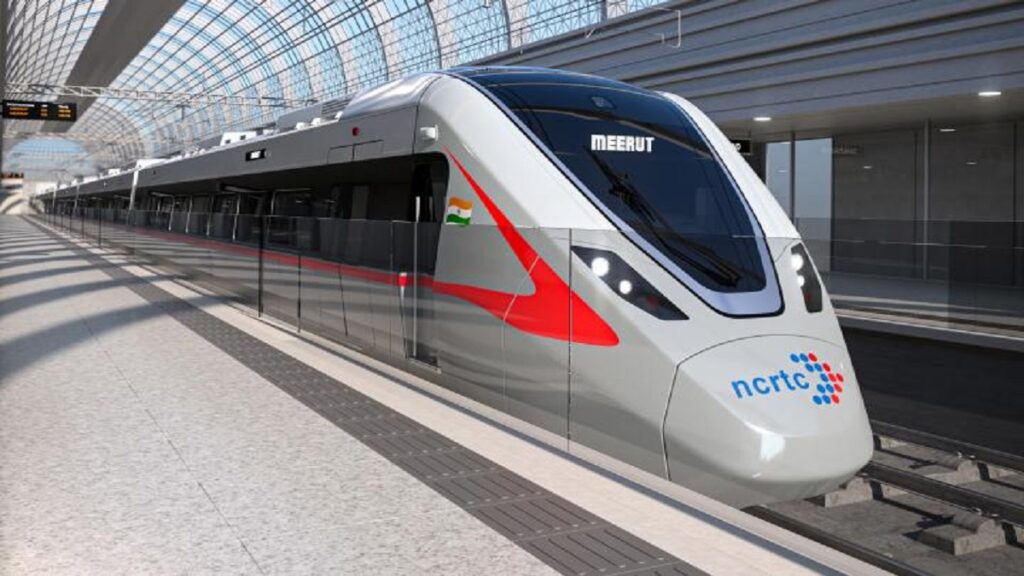
The Supreme Court reprimanded the Delhi government for its failure to allocate funds for the Regional Rapid Transit System (RRTS) corridors connecting Delhi to Alwar and Panipat. In a significant development, the Court warned that if the pending dues were not settled within a week, funds allocated by the government for advertisements would be redirected to the RRTS project.
The RRTS initiative aims to establish semi-high-speed rail corridors linking Delhi to Meerut in Uttar Pradesh, Alwar in Rajasthan, and Panipat in Haryana. Expressing concerns over the delay in financial provisions for these crucial national projects, the Court emphasized that budgetary allocations should prioritize such infrastructural developments over advertising expenditures.
During the hearing, the bench, comprising Justices Sanjay Kishan Kaul and Sudhanshu Dhulia, expressed disappointment over the non-compliance of the Delhi government with its earlier commitment to allocate funds towards the RRTS project. The Court had previously directed the government to contribute ₹415 crore for the corridors to Alwar and Panipat within a stipulated timeframe.
The Court’s displeasure was evident as it highlighted the government’s failure to honor assurances made in previous hearings and its reluctance to seek an extension for making payments toward the project.
The ongoing dispute stems from the Delhi government’s initial reluctance to bear financial responsibility for the RRTS corridors, citing financial constraints. However, the Court had previously directed the government to allocate funds from the Environment Compensation Charge (ECC) and had noted the government’s substantial spending of ₹1,100 crore on advertisements over the past three financial years.
The National Capital Region Transport Corporation (NCRTC) is executing the RRTS project, a collaborative effort between the Centre and concerned states. While the Delhi-Meerut corridor progresses, issues persist regarding the Delhi government’s contribution to the remaining stretches of the ambitious project.
The Court has posted the matter for further hearing, emphasizing the government’s accountability in adhering to its commitments towards crucial national infrastructural ventures.
Sources By Agencies




